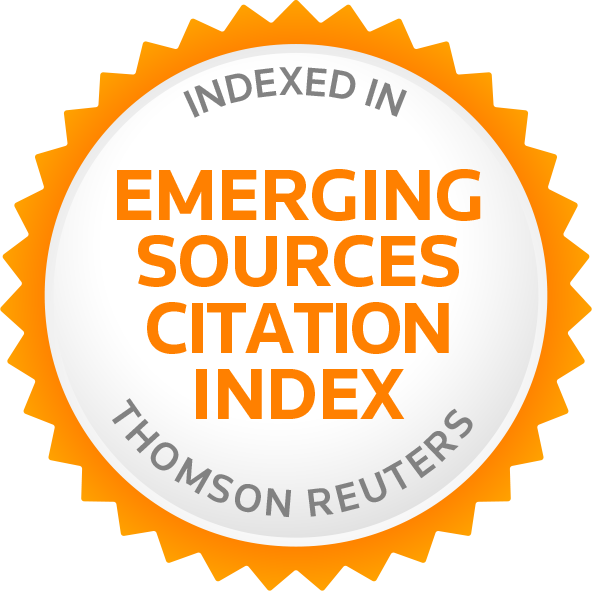El surgimiento de la “inseguridad” como problema público político en la Argentina post-dictatorial
Keywords:
Argentina, inseguridad, neoliberalismo, neoconservadurismo, medios de comunicaciónAbstract
En la última década la seguridad pública se ha transformado en una de las más importantes preocupaciones para la ciudadanía argentina y fuente de una de las principales demandas sociales dirigidas al Estado. El presente artículo busca contribuir al estudio de los procesos históricos y culturales a través de los cuales se construyó a la “inseguridad” como problema público político. Específicamente se propone demostrar de qué manera su surgimiento está vinculado con una transformación de la sociedad argentina asociado con la reforma neoliberal del Estado y la formación de un consenso neoconservador. Para ello, se centra en un momento clave de dicho proceso, el período de crisis hiperinflacionaria (1989-1990), que precipitó la renuncia del entonces presidente Raúl Alfonsín y con ello sancionó el fin de la transición democrática, e impulsó y legitimó las políticas llevadas adelante por la administración de Carlos Menem; y procede a través del estudio detallado de los discursos massmediáticos que participaron en la construcción del problema en cuestión a partir de acontecimientos que fueron objeto de una enorme cobertura periodística y que se constituyeron en el centro de intensos y polémicos debates: los “saqueos” de 1989, el “caso Mostafá”, y el “caso Santos”.
Downloads
Downloads
Published
How to Cite
Issue
Section
License
The acceptance of an original by the journal implies the non-exclusive transfer of the patrimonial rights of the authors in favor of the publisher, who allows the reuse, after its edition (postprint), under a Creative Commons License Attribution-NonCommercial-ShareAlike 4.0 International.
According to these terms, the material can be shared (copy and redistribute in any medium or format) and adapted (remix, transform and create another work from the material), provided that a) the authorship and the original source of their publication (magazine and URL of the work) are cited, b) is not used for commercial purposes and c) the same terms of the license are maintained.
The assignment of non-exclusive rights implies that after postprint in Oficios Terrestres authors may publish their work in any language, media and format; in that case, it is requested that they signal that the material was originally published by this journal.
Assignment also entails the authors’ authorization for the work to be collected by SEDICI, the institutional repository of the Universidad Nacional de La Plata, and for it to be indexed in the databases that the publisher thinks appropriate for enhancing the visibility of the published work and its authors.
In addition, the journal encourages authors to submit their works to other institutional and thematic repositories after their publication in Oficios Terrestres, under the assumption that offering society unrestricted access to scientific and academic production contributes to a greater exchange in global knowledge.






_(Custom)11.jpg)




.png)






















